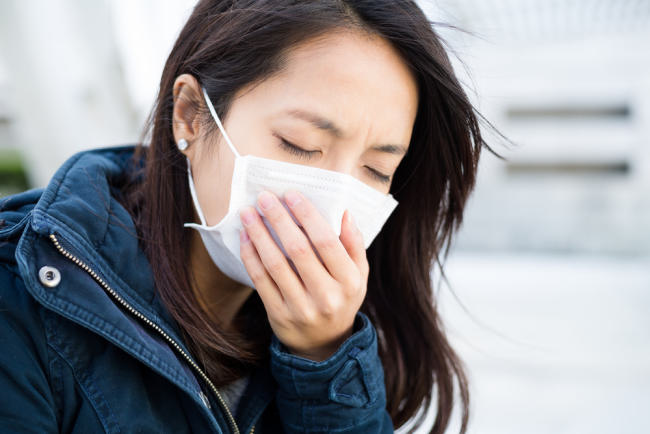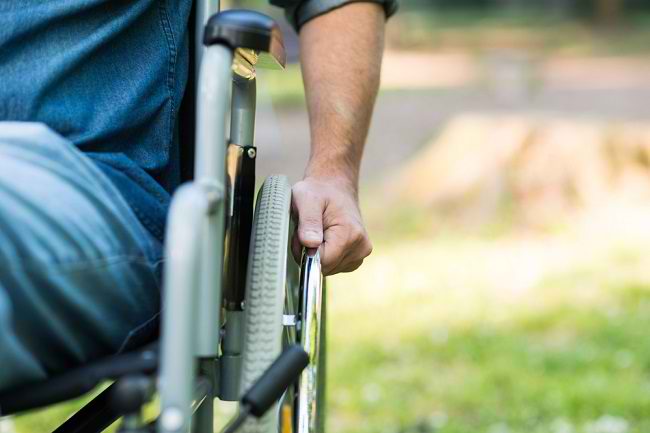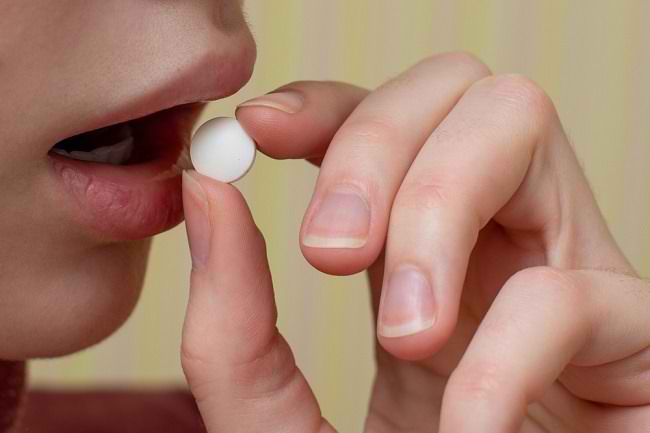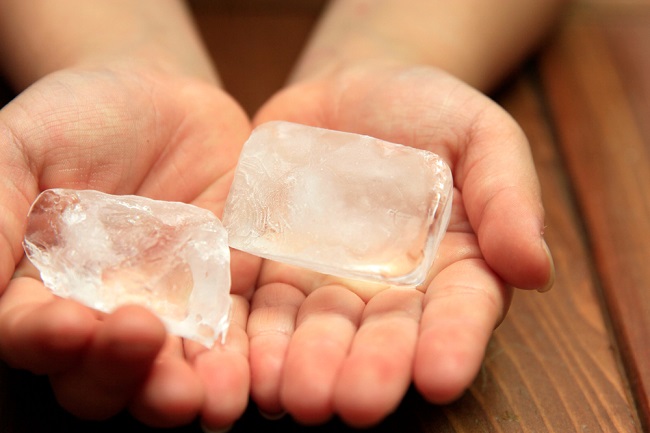Ichthyosis is a group of skin disorders characterized by dry, thickened, rough, and scaly skin, like fish skin. This condition can be inherited from parents, it can also be acquired.
Ichthyosis is caused by a disruption of the skin regeneration process. In this condition, the process of formation and exfoliation or replacement of skin cells becomes unbalanced. This causes the skin to lose its moisture.

There are at least 20 variations of ichthyosis, including ichthyosis vulgaris, X-linked ichthyosis, congenital ichthyosiform erythroderma, and Harlequein ichthyosis. However, the most common and mildest type is ichthyosis vulgaris.
Symptoms of ichthyosis
The main symptom of ichthyosis is dry, thickened, scaly skin. Scales arising from ichthyosis can be white, gray, or dark brown. These complaints can appear on the back, stomach, buttocks, legs, shin area, elbows, face, and scalp.
In addition to the main symptoms mentioned above, people with ichthyosis may also experience the following symptoms:
- Itchy red skin.
- Easy peeling skin.
- The skin feels tight so it is difficult to move.
- Skin that cracks more easily.
- The skin cannot sweat.
These symptoms may worsen when the air is cold and improve when the air is warmer. In inherited ichthyosis, the symptoms mentioned above can appear from birth or when they reach childhood, usually before the age of 5 years.
When to go to the doctor
Check with your doctor if you experience the symptoms mentioned above. If ichthyosis is quickly recognized and treated, various complications from this condition can be prevented.
If you have been diagnosed with ichthyosis, have regular check-ups with your doctor to monitor the progress of the condition.
Immediately consult a doctor if symptoms of ichthyosis are felt to be getting worse or if ichthyosis occurs in infants.
Causes of ichthyosis
The causes of ichthyosis can be divided according to the group, namely:
Inherited ichthyosis
This type of ichthyosis occurs due to mutations in genes. This genetic mutation affects the speed at which skin cells regenerate as well as the skin's ability to stay moisturized.
Several types of ichthyosis caused by genetic mutations are ichthyosis vulgaris, X-linked ichthyosis, congenital ichthyosiform erythroderma, and Harlequein ichthyosis.
Acquired ichthyosis
Acquired ichthyosis usually develops in adulthood. These conditions are triggered and associated with health conditions such as:
- Hypothyroid.
- Kidney illness.
- Cancer, such as Hodgkin's lymphoma.
- HIV infection.
- Sarcoidosis.
In addition to the above conditions, acquired ichthyosis can also be triggered by the use of certain drugs, such as:
- Drugs for cancer, such as hydroxyurea, protease inhibitors, and vemurafenib.
- Medications to treat high cholesterol, such as nicotinic acid.
- Drugs to treat stomach acid disease, such as cimetidine.
- Drugs to treat leprosy, such as clofazimine.
Diagnosis of ichthyosis
To diagnose ichthyosis, the doctor will ask the patient's complaints and medical history and medications taken by the patient. Next, the doctor will perform a physical examination of the skin area.
Symptoms and results of the ichthyosis examination are sometimes similar to those of other skin diseases, such as eczema and psoriasis. Therefore, the doctor will recommend the following investigations to confirm the diagnosis:
- Skin biopsy, to determine structural changes in the skin. This examination can also be done to determine the cause of skin disorders. This examination is done by taking a sample of the patient's skin and examining it in the laboratory.
- DNA testing, for example with a saliva sample, to determine gene changes, especially in inherited ichthyosis.
Ichthyosis Treatment
Ichthyosis cannot be cured. Treatment of ichthyosis aims to relieve complaints and prevent complications. Treatment can be done by the following methods:
Skin care products
Creams, lotions, or ointments containing lanolin, alpha hydroxy acids, urea, propylene glycol, salicylic acid, and ceramide, will be given by the doctor. These various substances can remove dead skin cells and maintain skin moisture.
In addition to using a cream or ointment from a doctor, the following steps should also be taken to relieve complaints and symptoms of ichthyosis:
- Apply petroleum jelly on the skin before bathing or bathing.
- Gently rub the skin using a coarse-textured sponge when bathing.
- Shower or bathe more than once a day.
- Choose a soap that contains moisturizers and oils.
- Use a humidifier in your home or office to keep the surrounding air moist.
Drugs
In severe cases of ichthyosis, doctors may prescribe drugs such as:
- Retinoids
Retinoids can be prescribed by a doctor to reduce the production of skin cells and improve the appearance of the skin.
- Antibiotics or antiseptic
Antibiotics or antiseptics can be prescribed by a doctor to treat infections that occur in the skin.
In patients with ichthyosis due to gene abnormalities, the above treatment steps are sufficient to control the condition because ichthyosis cannot be treated. However, in patients with acquired ichthyosis, treatment of the triggering condition also needs to be done. If these triggers can be cured, ichthyosis has the potential to heal.
Complications of ichthyosis
Some of the complications that can occur due to ichthyosis are:
- Skin is prone to infection
- Dehydration
- Risky increase in body temperature overheating
- stunted hair growth
Because ichthyosis affects appearance, this condition can reduce the sufferer's self-confidence.
Prevention of ichthyosis
Ichthyosis triggered by heredity cannot be prevented. However, the following steps can be taken to prevent the aggravation of the perceived complaint:
- Diligently apply skin moisturizer, especially after bathing and when the weather is dry.
- Choose an oil-based body cleanser to keep your skin moisturized.
- Always keep the air in your home humid, for example by installing a humidifier.
If you have been diagnosed with ichthyosis, do regular check-ups with a dermatologist and apply a number of steps to prevent aggravation of complaints and complications that can arise.









